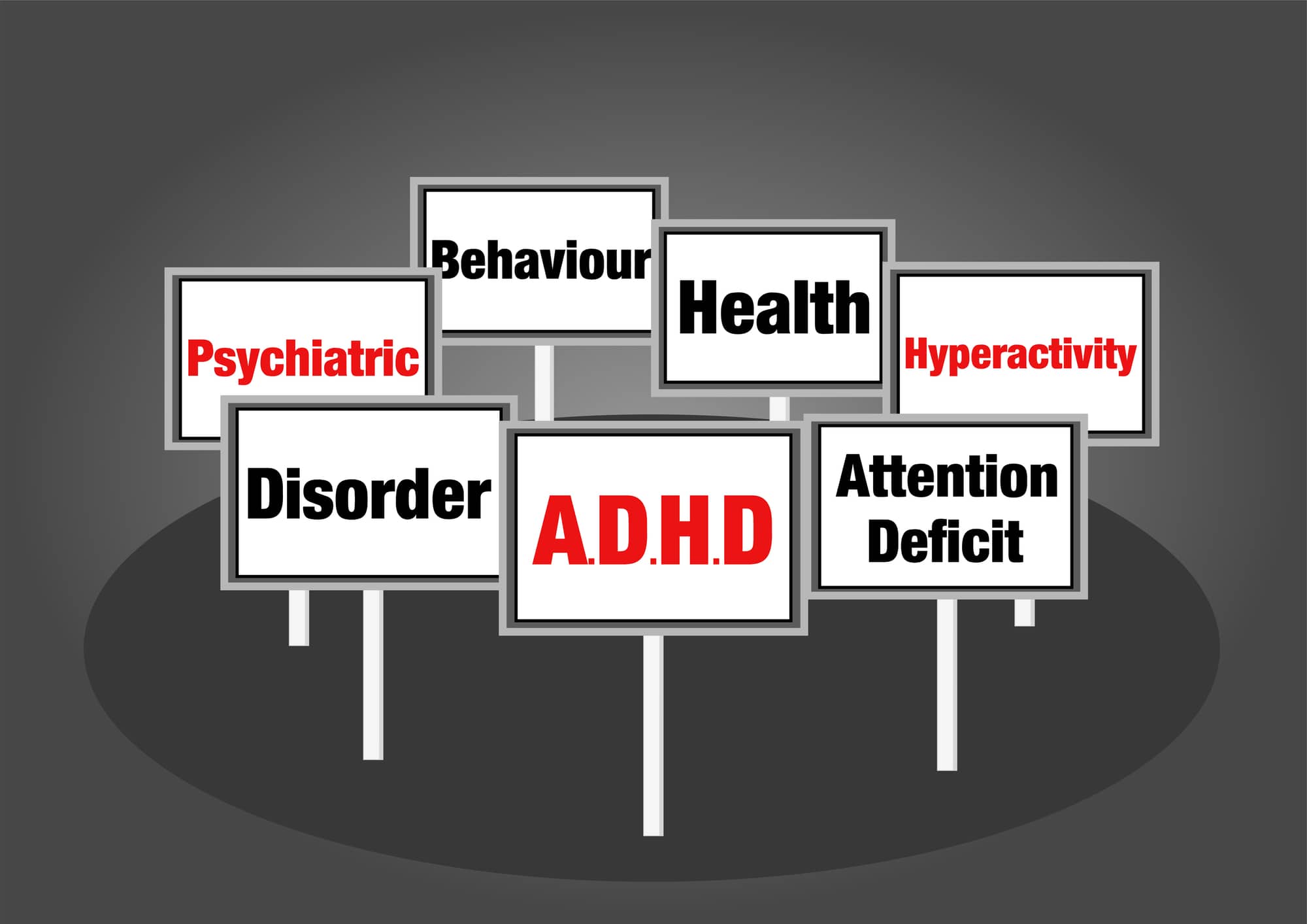In a psychology class, I remember the professor sternly asserting that a child’s attention span is fleeting – maximum of six minutes. I was young and untroubled by concerns that actually observing things for myself was a legitimate practice so I let that piece of information lie unchallenged for decades.
What I should have pointed out to that professor would be the most obvious, clinically speaking: a child’s attention span is extremely short…when doing things that are boring. Put yourself in a child’s place: how interesting is stacking some blocks or arranging unattractive but garishly colored objects under the scrutiny of a scary doctor-type in a doctor-type office? A setting, by the way, normally associated with painful shots and getting cold objects poked into noses and ears.
I wonder if these child experts have ever observed kids at play in a sandbox or a swimming pool. Or shared their delight in following an ant trail to its very end or singing a song all the way through, over and over again. Surely they have had to endure the tears and tantrums that inevitably come when we attempt to pry a child away from a task he is mid in order to go to school or clean up for dinner.
Indeed, isn’t the bane of every parent these terrible and oft-repeated words from a child: “Do it again, daddy, do it again, daddy, do it again daddy…!” I hope you are smiling here… because I find it quite interesting in light of The Great Myth, that the person who’s attention span is fully played out within exactly 45 seconds is the parent, not the child.
On a more serious note: if you have an expert telling you that your child has an attention problem, politely ask if this attention problem is manifested during art, music, hands-on science or sports or does it only show up during activities that are “challenging” (meaning too hard). Then you might gently question this expert how long he or she finds it easy to concentrate on yearly income tax returns, how long they might last reading an article in a physics or computer magazine or the actual wording of the different initiatives and bond measures that we all get at voting time.
I would like to leave you with something that I have observed over and over again through my 42 years of teaching which I invite you to test out for yourself: it is the ease of assimilation that generates interest and concentration, not any innate quality of the thing being studied. Even I can get interested in car motors if it is presented gradiently, one concept at a time.
But let’s look on the bright side. All those psychological studies were not a total waste of time and money. No, we can now assert without a doubt that people of any age have a tough time concentrating on things pointless and boring. Okay, I feel better.
Lyn Demaree

